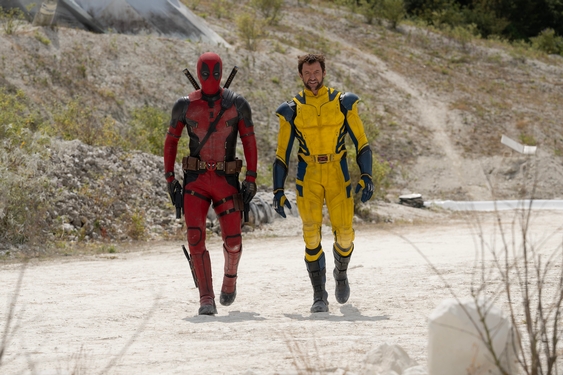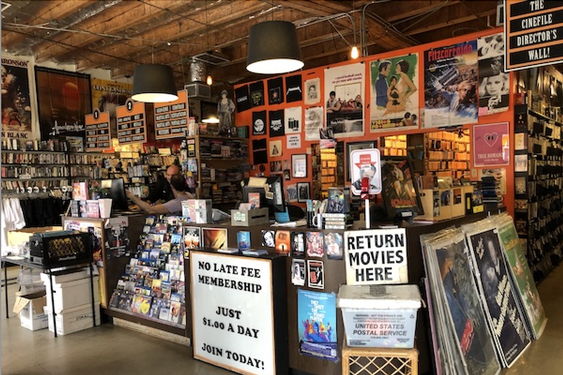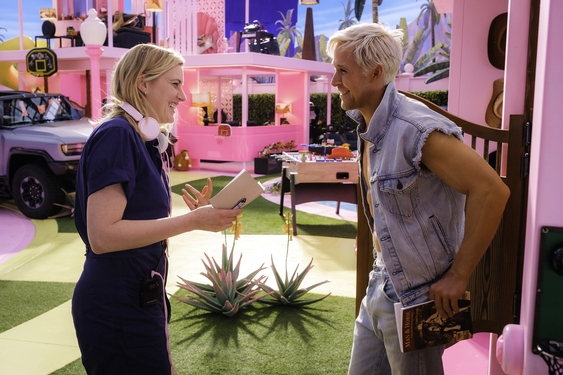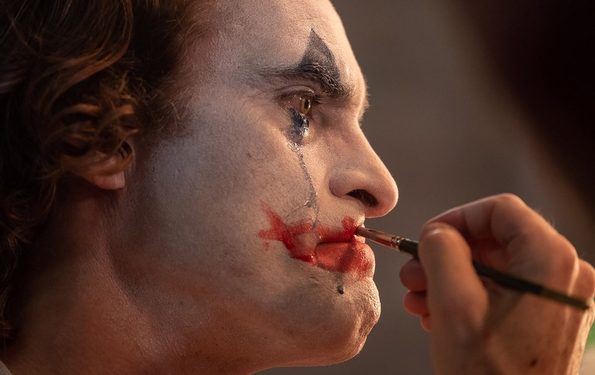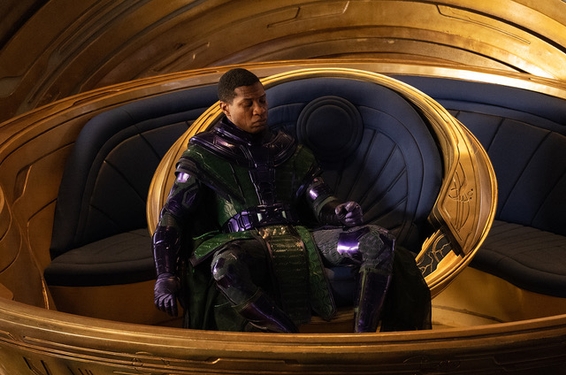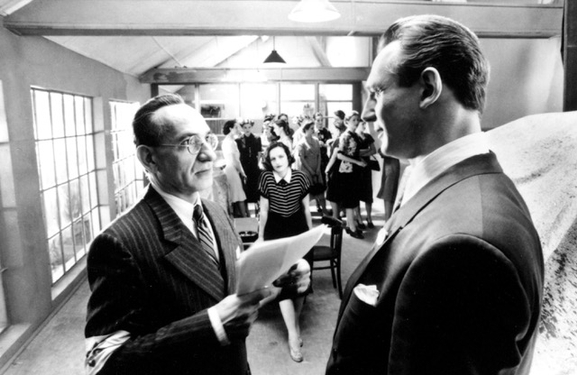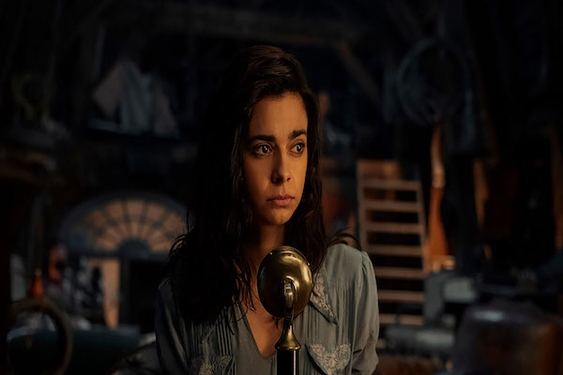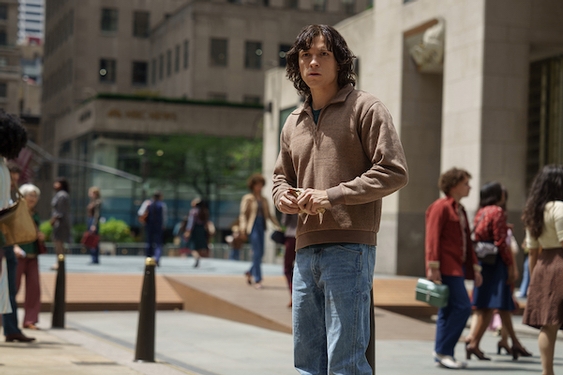He may like your butt. But he’ll still kick it.
"You think that’s funny? I’m gonna break your nose now," says Perry (Val Kilmer) to his bumbling straight buddy Harry (Robert Downey Jr.) in Kiss Kiss, Bang Bang, a buddy-buddy detective movie with a double twist: Not only are the buddies gay and straight, but the gay guy is a two-fisted macho man, while his straight partner is a comic klutz.
And if you like gay detectives, how about gay cowboys (Brokeback Mountain, opening Dec. 9)?
And if you like gay cowboys, how about gay soccer players (Guys and Balls, opening in May)?
And if you like gay soccer players, how about a gay deaf white man and his African-American partner who are adopting a child (The Family Stone, currently in theatres)?
Ready or not, here come the post-gay movies. And audiences do seem to be ready.
Ready for movies where the characters are not merely gay – which used to be as much reality as mainstream viewers could take. These new characters are gay-hyphen.
Such characters have turned up occasionally in supporting roles in the past (James Gandolfini as a gay gangster in The Mexican, The Rock as a gay bodyguard in Be Cool). Now, they’re center stage.
"Having a character be gay in a movie just isn’t shocking anymore," says Shane Black, writer-director of Kiss Kiss, Bang Bang, which is in some ways a queer variation on his own buddy-buddy Lethal Weapon movies.
"‘Will and Grace’ and My Best Friend’s Wedding have softened us up with regards to the funny gay character," Black says. "‘Well, all right, he’s gay, but they’re so funny, those gays.’ And I thought, that doesn’t really cut it. We still haven’t seen the heroic gay character that, when the chips are down, kicks down the door, shoots everybody and saves your butt."
Whether these post-gay characters are also post-stereotype is open to question.
Gay Perry is a tough hombre who can slug his way out of a tight corner, but he’s also got a cell phone that plays "I Will Survive."
And the soccer players in Guys and Balls are a collection of gay "types": a leather guy, a flamboyant guy, a hunky guy, a nerdy guy.p> But considered strictly as a barometer of audience attitudes, these films may be a kind of advance.
They suggest that mainstream viewers, by and large, no longer find gayness shocking or exotic enough to be of interest on its own. Like the coffee in your local convenience store, it has become humdrum. Hence the need for add-in flavors.
"People know gay people now, so it’s not so much used for shock value," says Mark Reinhart, spokesman for Regent Releasing, which is distributing Guys and Balls. "It’s more like this makes for interesting textures, or layers."
TV may have something to do with this phenomenon.
Gay issues in the news and the gay characters in sitcoms have made mainstream audiences perceptibly more comfortable with homosexuals. Even those who disapprove for religious or other reasons and pursue an anti-gay agenda are more apt to adopt a "love the sinner" than "kill the monster" line while doing so.
And reality shows have introduced TV audiences to gays that don’t fit any stereotypical mold: like Richard Hatch, who out-toughed everyone on the first "Survivor," and Karamo, the streetwise hip-hop guy from "Real World: Philadelphia."
"These representations on reality television have really broadened people’s
perceptions of gays and lesbians," says Damon Romine, entertainment media
director for GLAAD (Gay & Lesbian Alliance Against Defamation).
In Kiss Kiss, Bang Bang, Black exploits this new audience savvy about gay life
to turn the conventions of the detective story upside-down.
"There is a lot of reality versus fiction in this film," Black says. "Like in reality, the tough guy is gay. In reality, you try to be the hero, you’re going to get clobbered. So much of this was trying to stand the cliches of the tough guy movie on their head."
But Gay Perry, after all, is not meant to be taken very seriously.
The real breakthrough film that gay audiences are pinning their hopes on is Brokeback Mountain, based on an E. Annie Proulx (The Shipping News) short story about gay cowboys (Jake Gyllenhaal, Heath Ledger) in Wyoming in the early 1960s. This film, which has gotten excellent buzz on the film festival circuit, exploits neither the gay nor the cowboy element of its story as a "twist." Both things are natural to the story and the characters.
"What it really points to is the rural gay experience," Romine says. "When you look at television and film, it often seems like being gay is a big-city experience. But it’s an international experience, no matter where you live."
As America is becoming increasingly aware, gay cowboys are out there. Just like gay detectives and gay soccer players. Expect to see more of them in the movies, Romine says.
"Gays and lesbians have compelling stories to tell," Romine says. "And I believe the vast majority of people are open to hearing those stories."
© 2005, North Jersey Media Group Inc.
Distributed by Knight Ridder/Tribune Information Services.



